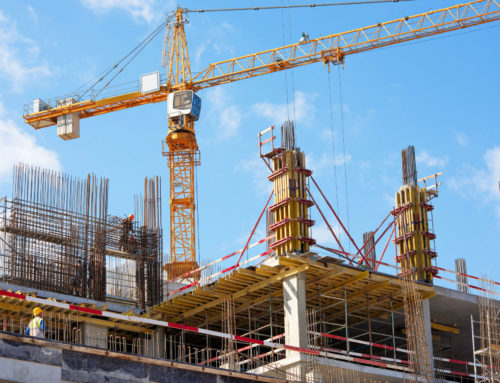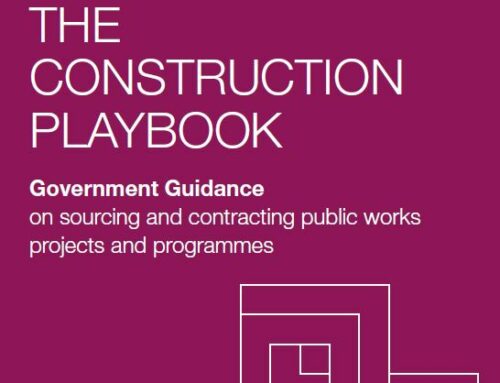There’s no doubting the contribution that Brexit makes to the stagnation of growth in the UK construction sector, but it would be naïve of anyone in the industry not to recognise other factors are also in play.
The sector’s output has been falling at its steepest rate since 2009. The Markit/CPIS UK Construction purchasing manager’s index recorded a reading of 43.1 in June, down from 48.6 in May. Economists expected a rise 49.2, almost above the crucial 50, which indicates growth.
It’s been another tough year for construction, with weakness across the board as housebuilding, engineering and commercial work all fell significantly in June.
Earlier predictions of a Brexit bounce of up to 5% seem to be receding as the new Cabinet repeat their mantra of a hard exit with no deal if the EU is unwilling to renegotiate. For any chance of a bounce there needs to be a deal.
But while the industry frets as spending decisions are delayed and investors sit on their hands, it would do well to find a cure for the underlying and more familiar malaise that lurks behind the Brexit spotlight.
A declining global economy and sustained weakness in the pound seriously impact the cost of materials. Pressure on margins continues as clients still look for lowest cost over best value. Labour costs continue to rise, according to ONS the figure is 5% in the last 12 months, and the skills shortage isn’t showing any signs of narrowing as 30% of the workforce head for retirement. And let’s not forget Theresa May’s commitment to increase the UK’s target for CO2 emissions, which will be costly.
While UK construction waits for a Brexit resolution, the sector needs to also address the chronic underlying inhibitors. And it can’t rely on the infrastructure promises of a new Prime Minister when the political context is so combustible.
The industry has developed innovative workable solutions such as collaborative procurement, digital integration, offsite manufacturing and BIM, that have been proven to improve efficiency and productivity.
These are new approaches that are trickling out across the sector at a time when they need to flood. We used to call all of this ‘new thinking’ and ‘modern methods of construction’ – but it’s not new anymore and for only a minority is it now standard operating procedure.
The construction sector needs to get on and on and make the most of the knowledge and technologies that exists if it wants to overcome the old problems that even clarity on Brexit won’t cure.






